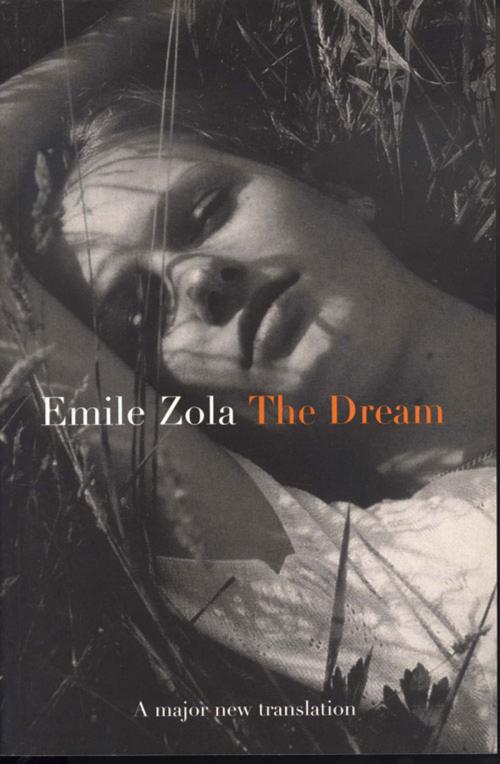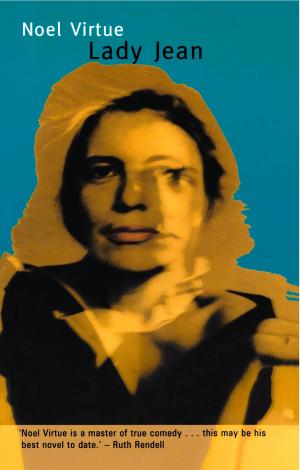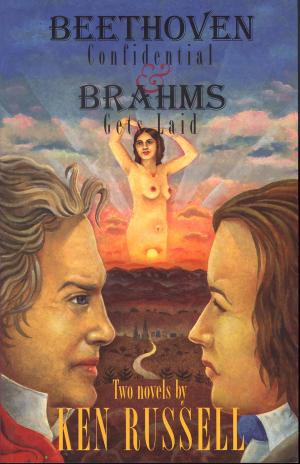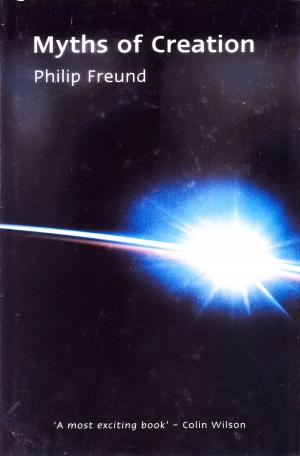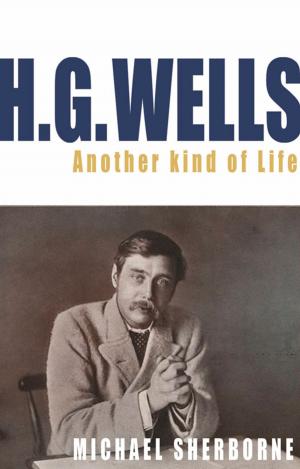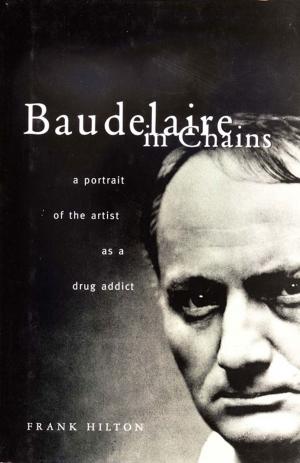| Author: | Emile Zola | ISBN: | 9780720616750 |
| Publisher: | Peter Owen Publishers | Publication: | March 1, 2005 |
| Imprint: | Peter Owen Publishers | Language: | English |
| Author: | Emile Zola |
| ISBN: | 9780720616750 |
| Publisher: | Peter Owen Publishers |
| Publication: | March 1, 2005 |
| Imprint: | Peter Owen Publishers |
| Language: | English |
Emile Zola's novel Le Rêve (1888) is a love idyll between a poor embroideress and the son of a wealthy aristocratic family set against the background of a sleepy cathedral town in northern France. A far cry from the seething, teeming world evoked in Zola’s best-known novels, it may at first seem a strange interlude between La Terre and La Bête Humaine in the 20-volume sequence known as the Rougon-Macquart cycle. However, belying its appearance as a simple fairytale the work reveals many of Zola’s characteristic themes, the conflict between heredity and environment, between spirituality and sensuality, between the powerful and the powerless. The dream of Angélique, the central character, is at once reality and illusion, and this interplay provides the driving force of the novel. Above all, it is, as Zola himself described it, "a poem of passion," showing the lyrical dimension of his genius. This important new translation by Michael Glencross, the first in English since that of Eliza Chase in 1893, recaptures the vigor of Zola’s original. The translator also provides a helpful introduction that situates the novel in the context of Zola’s life and work as a whole.
Emile Zola's novel Le Rêve (1888) is a love idyll between a poor embroideress and the son of a wealthy aristocratic family set against the background of a sleepy cathedral town in northern France. A far cry from the seething, teeming world evoked in Zola’s best-known novels, it may at first seem a strange interlude between La Terre and La Bête Humaine in the 20-volume sequence known as the Rougon-Macquart cycle. However, belying its appearance as a simple fairytale the work reveals many of Zola’s characteristic themes, the conflict between heredity and environment, between spirituality and sensuality, between the powerful and the powerless. The dream of Angélique, the central character, is at once reality and illusion, and this interplay provides the driving force of the novel. Above all, it is, as Zola himself described it, "a poem of passion," showing the lyrical dimension of his genius. This important new translation by Michael Glencross, the first in English since that of Eliza Chase in 1893, recaptures the vigor of Zola’s original. The translator also provides a helpful introduction that situates the novel in the context of Zola’s life and work as a whole.
